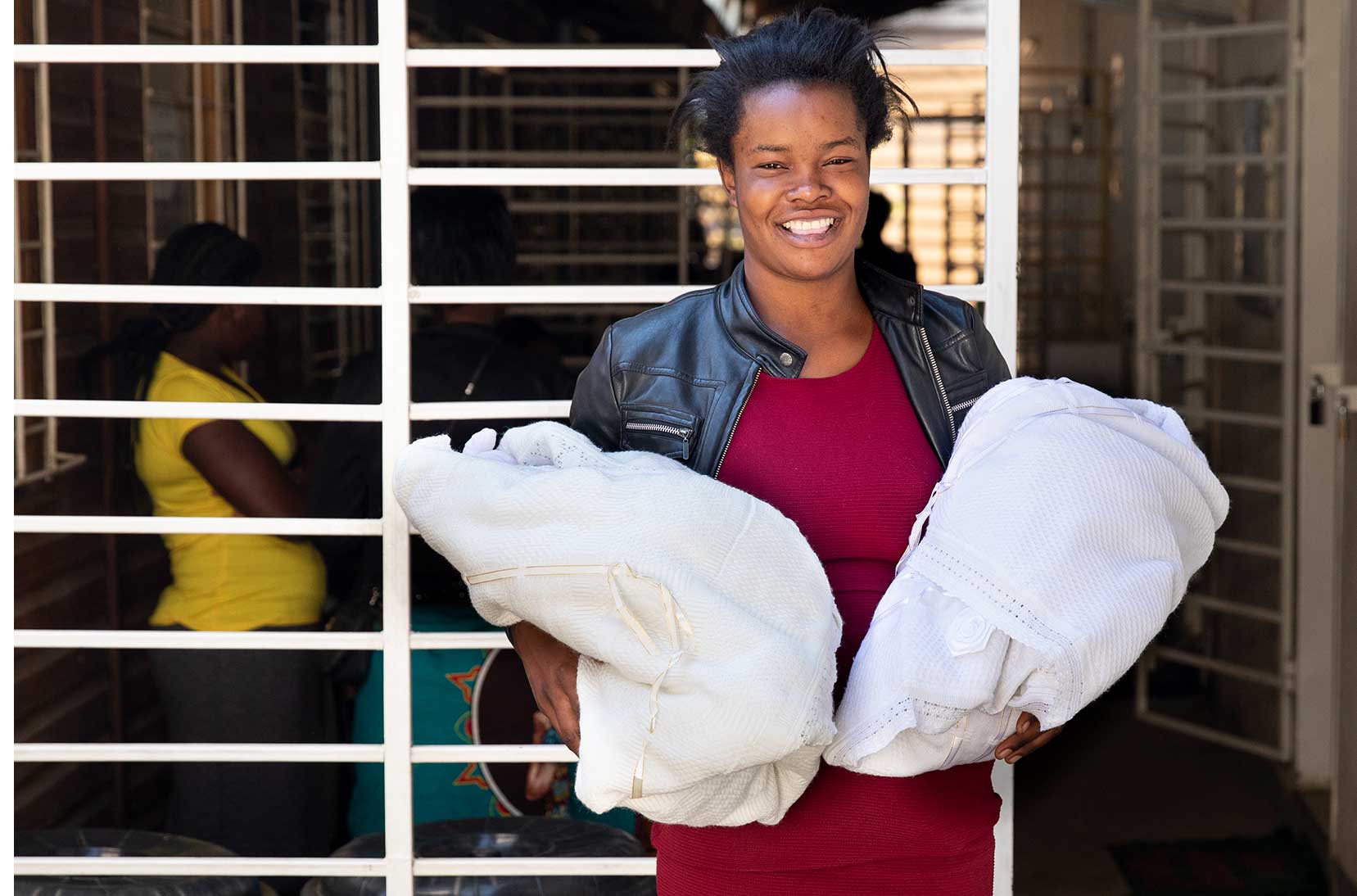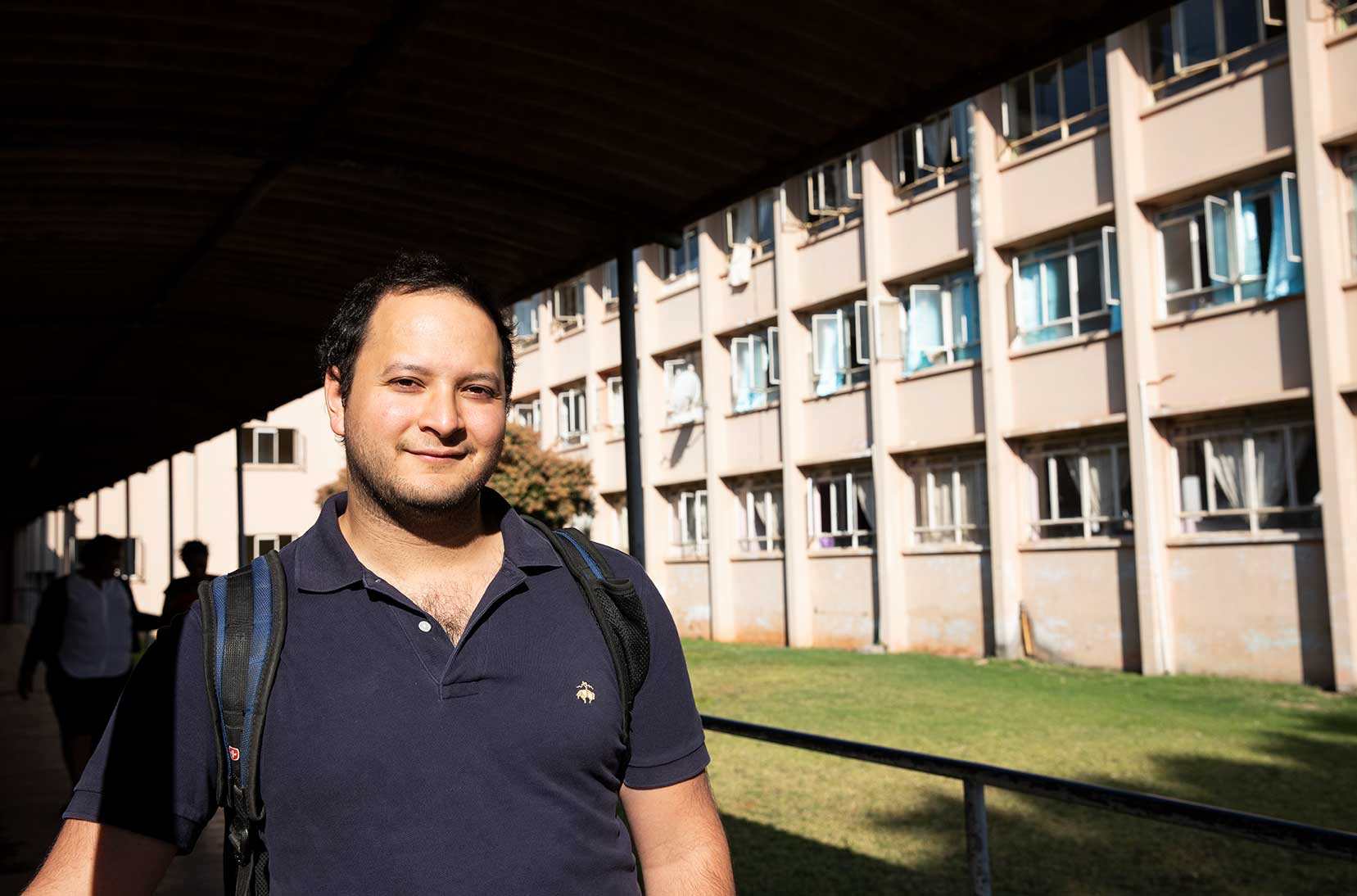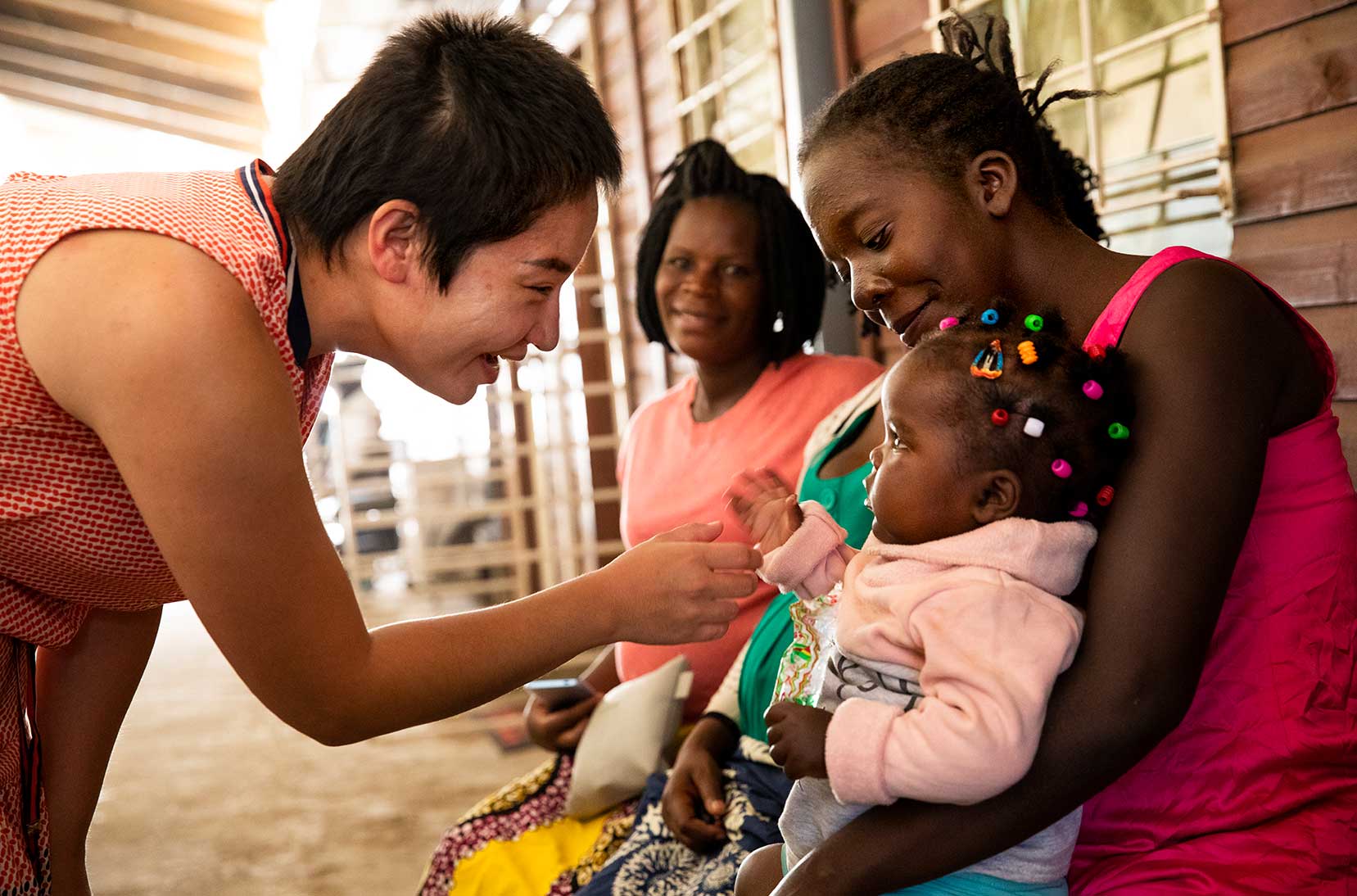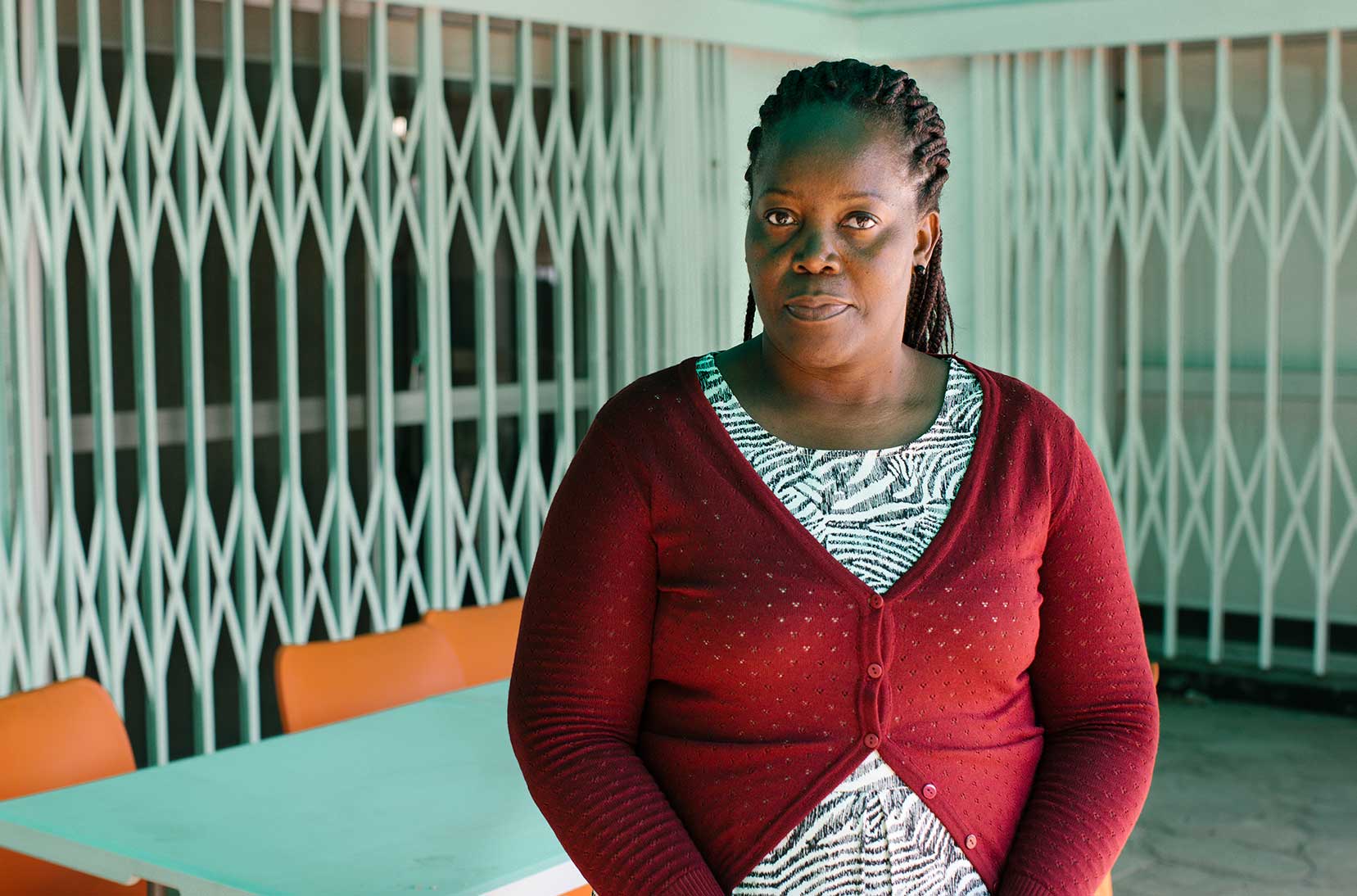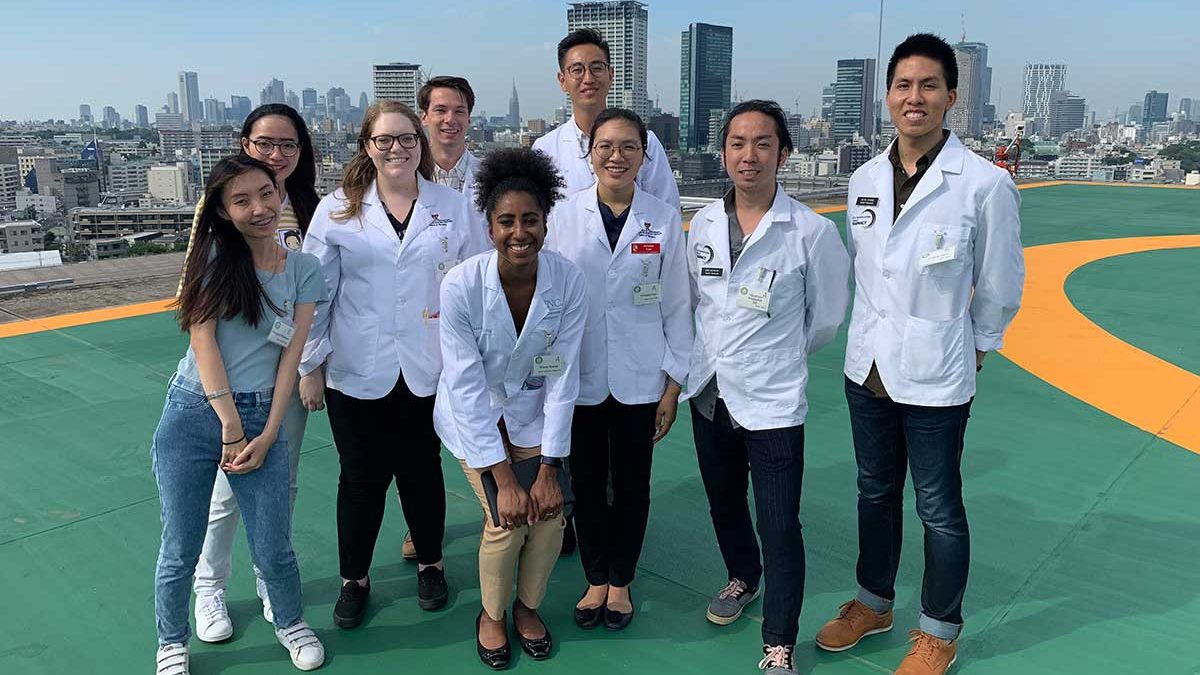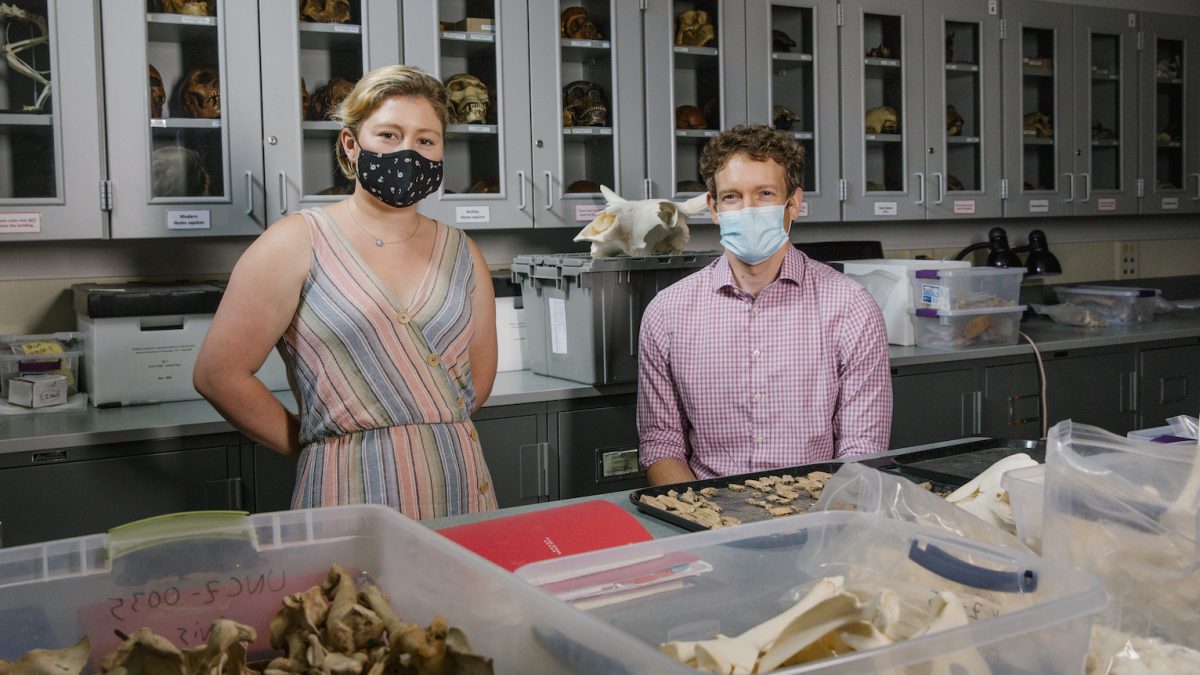O
utside her home in Lusaka, Zambia, a mother proudly gazes down at her two newborns. The woman and her twins were cared for at the Kamwala District Health Center, one of two sites where UNC faculty members conduct joint research with the University of Zambia School of Medicine.
“During her ultrasound, we discovered the young woman would be having twins, meaning she was at a higher risk,” shared Margaret Kasaro, research assistant professor with UNC Global Women’s Health (GWH) — a group of clinicians, researchers and public health professionals working to improve the health of women in some of the world’s poorest countries.
The mother received free obstetrical ultrasounds as a participant of the Fetal Age Machine Learning Initiative (FAMLI). The study, funded by the Bill and Melinda Gates Foundation, is designed to create a new “smart” ultrasound device that has the potential to save the lives of millions of women and newborns worldwide.
Simply being a part of the study potentially saved this woman’s life. In contrast to the U.S., where the average woman gets two to three ultrasound scans during her pregnancy, most Zambian women don’t have access to ultrasound at all, unless they live in an urban area. Even then, they might not receive a scan unless there is an obvious complication.
“Without the ultrasound, she would have found out she was having twins while giving birth, when it could have been more challenging to intervene,” Kasaro stressed. Although most Zambian women deliver in a health facility, it is common for them to arrive to a clinic already in advanced labor, increasing the risk of adverse events to mothers and infants.
“Ultrasound is a critical tool for pregnancy management,” said Jeffrey Stringer, M.D., professor and division director of GWH at UNC-Chapel Hill. “It’s as important as a stethoscope to the obstetrician.”
